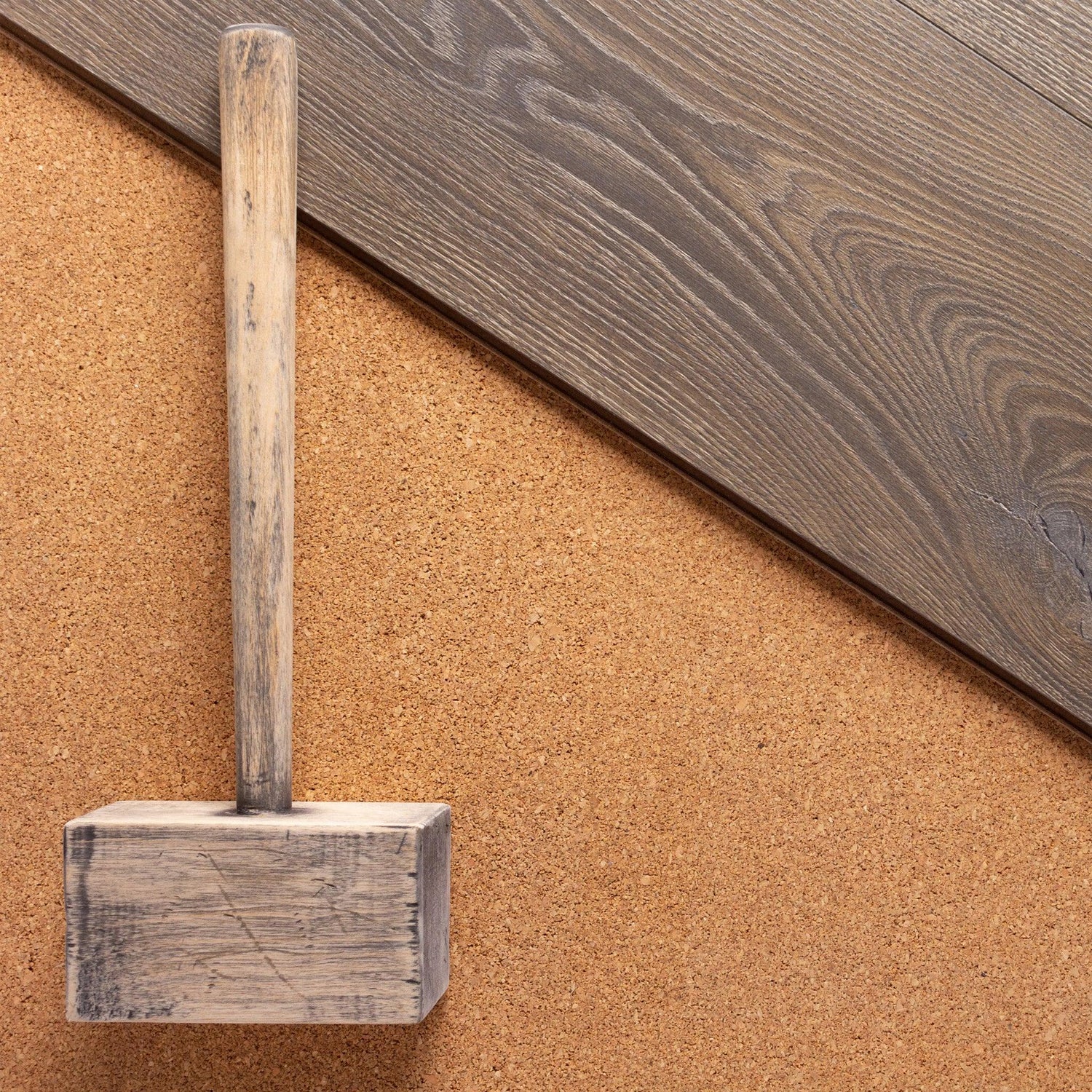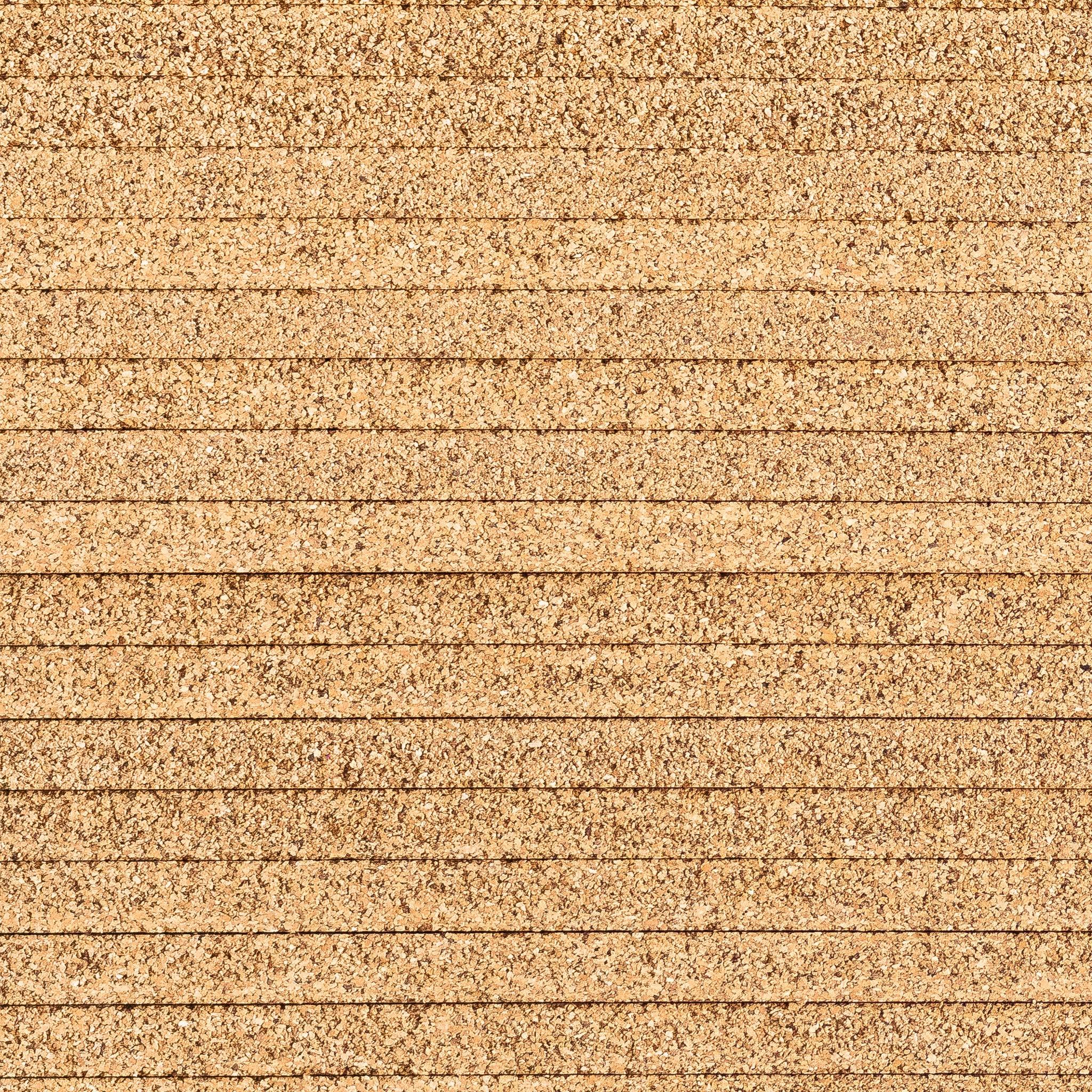Cork is a versatile and eco-friendly material that can improve the thermal and acoustic insulation of buildings. It has been used for centuries in the production of bottle caps and is now increasingly being used as an insulating material for walls, floors and roofs.
Thermal insulation is essential to maintain a comfortable indoor environment and reduce energy costs. Cork has low thermal conductivity, which means it doesn't transfer heat easily. This makes cork an excellent choice for thermal insulation in buildings. Additionally, cork is a very lightweight material, making it easy to install and handle during construction.
But cork is not only an effective thermal insulating material: it is also an excellent solution for sound insulation. Cork is a sound absorbing material which reduces the transmission of sound through walls, floors and ceilings. Soundproofing is important not only to reduce outside noise, but also to ensure privacy and tranquility inside the home. Using cork sound absorbing panels can significantly reduce the transmission of sound between rooms.
Additionally, using cork as an insulating material has many other benefits. First, it is a natural and sustainable material. Cork is extracted from the bark of the cork oak, a plant that grows mainly in Portugal, Spain and Italy. The cork production process is very delicate and does not require the use of harmful chemicals. Additionally, cork is fully recyclable and compostable, making it an eco-friendly choice.
Using cork as an insulating material can also improve the energy efficiency of buildings. Greater energy efficiency means less energy consumption, reducing greenhouse gas emissions and helping to protect the environment. Furthermore, the use of cork can help reduce the risk of condensation and mould, improving environmental hygiene inside the house.
In summary, cork is an ecological, natural and sustainable material that can improve the thermal and acoustic insulation of buildings. The use of cork as an insulating material offers numerous advantages, including greater energy efficiency, better environmental hygiene, a reduction in greenhouse gas emissions and a lower environmental impact. Choosing cork as an insulating material can help create a comfortable and environmentally friendly internal environment, making it an ideal solution for sustainable and eco-friendly constructions.



Leave a comment
This site is protected by hCaptcha and the hCaptcha Privacy Policy and Terms of Service apply.